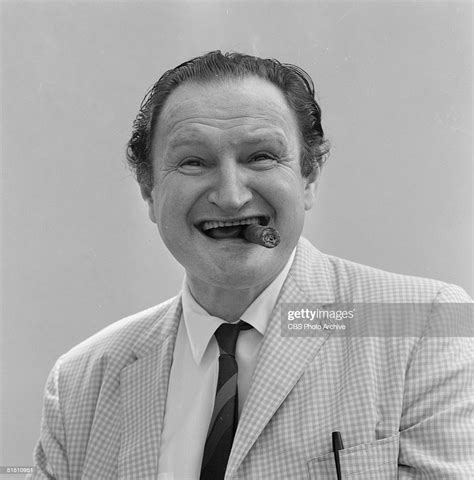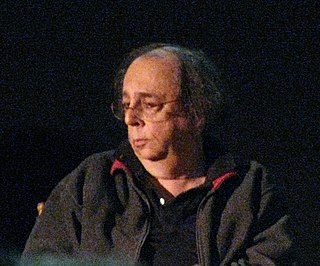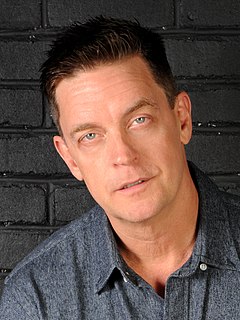A Quote by Richard Herring
If you are a stand-up you can hone your material over successive performances, based on the audience response. Changing a single word or altering the pace or emphasis can make a previously failed witticism work.
Related Quotes
What social media has done - Facebook, Twitter - is show the audience. I don't have an audience. When I make my work, it just goes out into the ether. I have a thick skin and it just brings me down to earth, you know, to realize how out-there and far away and paltry the audience is that gets what I'm saying. It's depressing if I let it get to me. And it's the same with hanging a show, the way it's put up, like, three stories high and you can't read a single word.
Look at the word responsibility-"response-ability"-the ability to choose your response. Highly proactive people recognize that responsibility. They do not blame circumstances, conditions, or conditioning for their behavior. Their behavior is a product of their own conscious choice, based on values, rather than a product of their conditions, based on feeling.
It is easy to forget how mysterious and mighty stories are. They do their work in silence, invisibly. They work with all the internal materials of your mind and self. They become part of you while changing you. Beware the stories you read or tell; subtly, at night, beneath the waters of consciousness, they are altering your world.
In stand up every joke is thought about so meticulously, and one word can completely change how the audience responds. You're up there with no safety net; you can't shirk responsibility. It's your thoughts; it's your voice. You can't blame it on the writing, you can't blame it on the editor. You are just up there completely naked.
When I was a kid, it was the attention I got from it, the immediate response from the audience, the thrill of being onstage. That's carried over into my adult life, I can't pretend I don't like the attention or whatever, but for me now, I've witnessed incredible performances that have changed the way I see the art form.
I'm trying to change theater, in my own way - not just magic. I say that humbly, because I'm learning every single day. I do 15 shows a week, and every single audience I have is like a test screening for you, when you listen and go, "Really? They laughed at that?" All over the stage I have lines, written onstage, that I'm changing every single day.

































